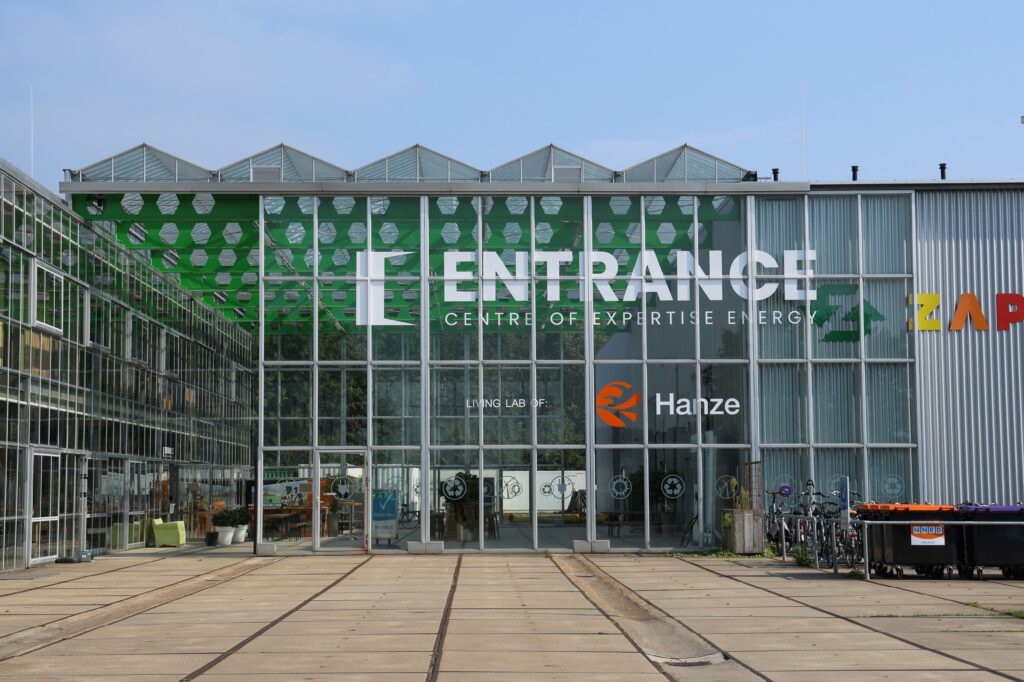Which policy instruments can European cities utilize to promote the implementation of Positive Energy Districts?
POL4PED stands for ‘Policies for Positive Energy Districts’. A Positive Energy District (PED) is an urban area that produces more green energy than it consumes on a yearly basis. PED’s therefore contribute to European energy- and climate goals and to a cleaner and greener tomorrow.
PED as a part of a sustainable society
The design of a PED is an interplay of technical, economic, social, and legal considerations. In the POL4PED project, the starting point is the pursuit of a sustainable, resilient society, to which the energy transition contributes. We discuss a vision for a city or a district with stakeholders and examine how energy solutions for a PED fit into that. Subsequently, we investigate what these solutions are, and which policies enable them. In doing so, we also consider legal or spatial aspects.
Research phases
To arrive at policy instruments that can support European cities in establishing Positive Energy Districts (PEDs), the following steps are taking place:
Results
The results of the Policy4PED project contribute to the development of effective and sustainable energy solutions for urban areas in Europe. They provide policymakers with the necessary tools and insights to successfully implement PEDs. The results will be shared as widely as possible so they reach policymakers and can actually be applied.

Duration: January 2025 – December 2028
Total budget of the project: €1.424.058
Budget ENTRANCE: €348.833
Location: Zürich, Dübendorf, Vienna, Paris and Groningen
Partners: Empa, TU Wien / TU Vienna, OpenExp, ICLEI – Local Governments for Sustainability e.V., Elektrizitätswerk der Stadt Zürich, UIV Urban Innovation Vienna GmbH, municipality Groningen, Stadt Zürich, Stadt Dübendorf, Paris.
Themes:
Involved professorships:
The future of the transition to sustainable energy.
Developing an innovation roadmap for small-scale wind energy, commissioned by TKI Urban Energy.
How can the Dutch energy market be organized, in order that it joins the changing energy system? This is a central question at the project MODES (Market Organization of the Dutch Energy System).
